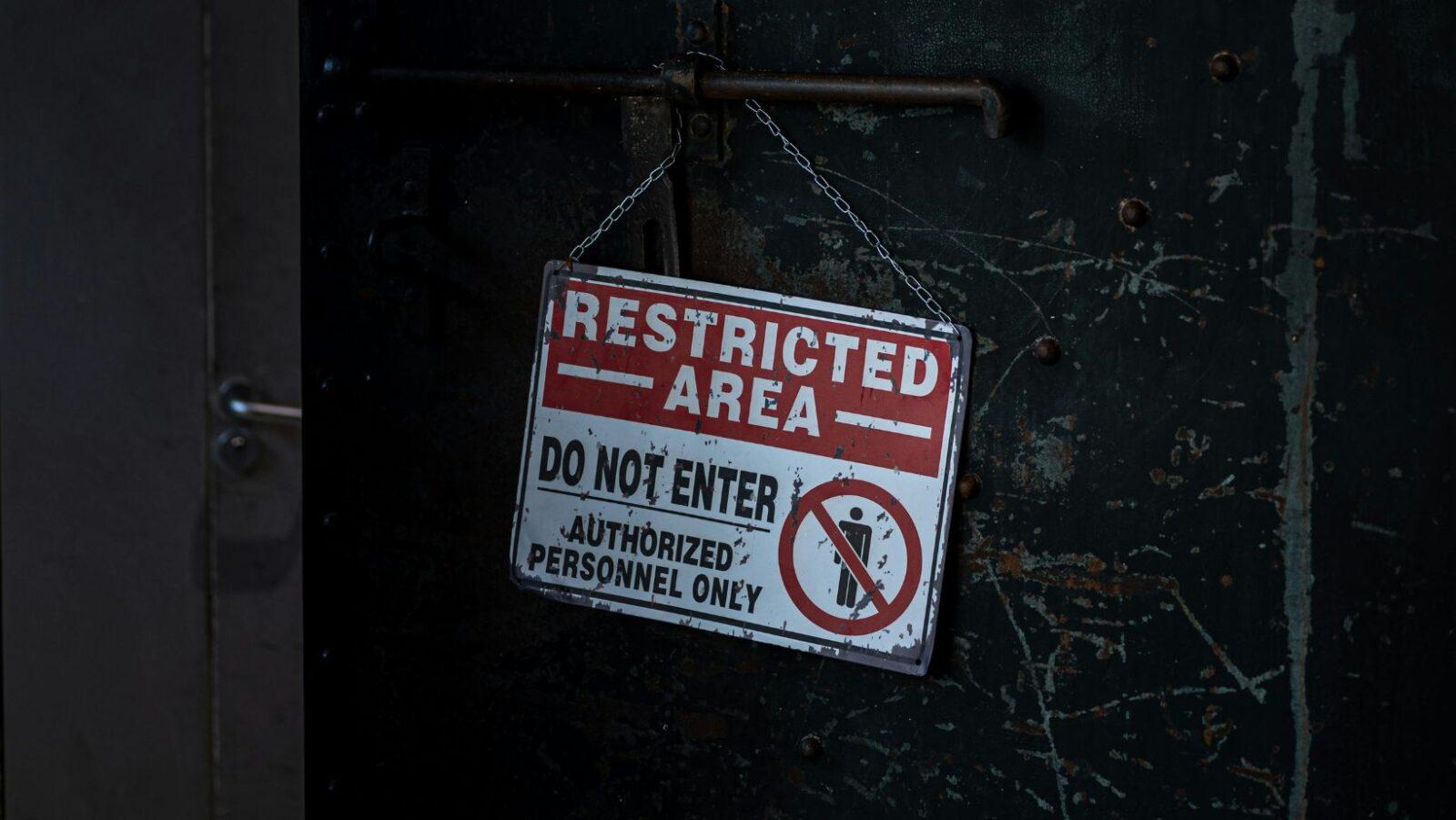Ever wonder why manong driver feels the need to blast loud music through his jeepney’s speakers? Or why your officemate likes listening to lo-fi hip-hop all day, every day? It turns out that’s probably because that’s the best way to get them to do something… or it’s just their preferred working style.
Music and work are two things that, at first, may not seem like they fit together. However, they actually do: You just need the right mix of ingredients to pull it off.
Being (i)N’sync
In a study about the effects of rhythmic music on human productivity, Dr. Maria Witek and her team found that while music can be very distracting to people who are just trying to work, some kinds of music actually made their work easier.
The factor that made this “productive” music is something called syncopation: a kind of rhythm that’s neither monotonous nor all over the place. In simple terms, it’s music you can work along to.
Syncopated music is structured by having a steady beat interrupted by accents or other musical tones and cues at regular parts — an irregular regular rhythm.
Think of any pop song today that you can hum without actually saying the lyrics, or that one song you heard on the jeep that’s stuck in your head. The reason why you can recall them much easier is that they’re syncopated melodies.
Tell me why (Ain’t nothin’ but a brainwave)
The question is: Why does this happen?
It’s probably because we have two kinds of attention: active and passive.
Think of active perception as you trying to focus on something. For example, washing the dishes or sweeping the floor requires your focus so that you won’t fail at either task.
However, passive attention is something that’s running in the background at the same time. It’s what makes you stop and put the dishes down if you hear something fall in the kitchen behind you, or if your phone buzzes while you’re cleaning under the table.
Now with most tasks, we use our active attention to get them done. But with work that we find particularly boring or unpleasant, it takes even more effort to get our active attention to work. At this point, our brains can sense that we don’t really like what we’re doing. Thus, passive attention starts to take charge.
In other words, not only do you focus less on your work, but you’re also more prone to distractions.
Thinking of you — and the things around you
That’s why some people focus better with music in the background. Their active perception can be laser-focused to work on the task, while their passive perception has something to busy itself with if there’s syncopated noise nearby.
The key here lies in picking a piece of music that isn’t too boring that you’d want to fall asleep, but also not too intense that you’d want to dance along with it. Ambient noise (like this track) can help you focus on your task and prevent your mind from running off to Wonderland.
So there you have it: music can be good for working, but the music itself has to be working well.
Next time that you find yourself a little annoyed at your co-worker’s music choices, try ignoring him and listening to some tunes of your own. You might finish your work a lot faster that way.–MF
References
- https://journals.sagepub.com/doi/abs/10.1177/0305735605050650
- https://journals.plos.org/plosone/article?id=10.1371/journal.pone.0094446
- http://nro.sagepub.com/content/20/2/150.full
Author: Kyle Edralin
A writer, creative, and craftsman – Kyle (or as his friends call him, Phenex) trawls the internet for interesting science stories to share to the aforementioned friends. He has since decided to bring this pursuit to a much wider audience, and is working delivering this kind of information in a way that makes much more sense than his usual ramblings. He is also very fond of penguins.







